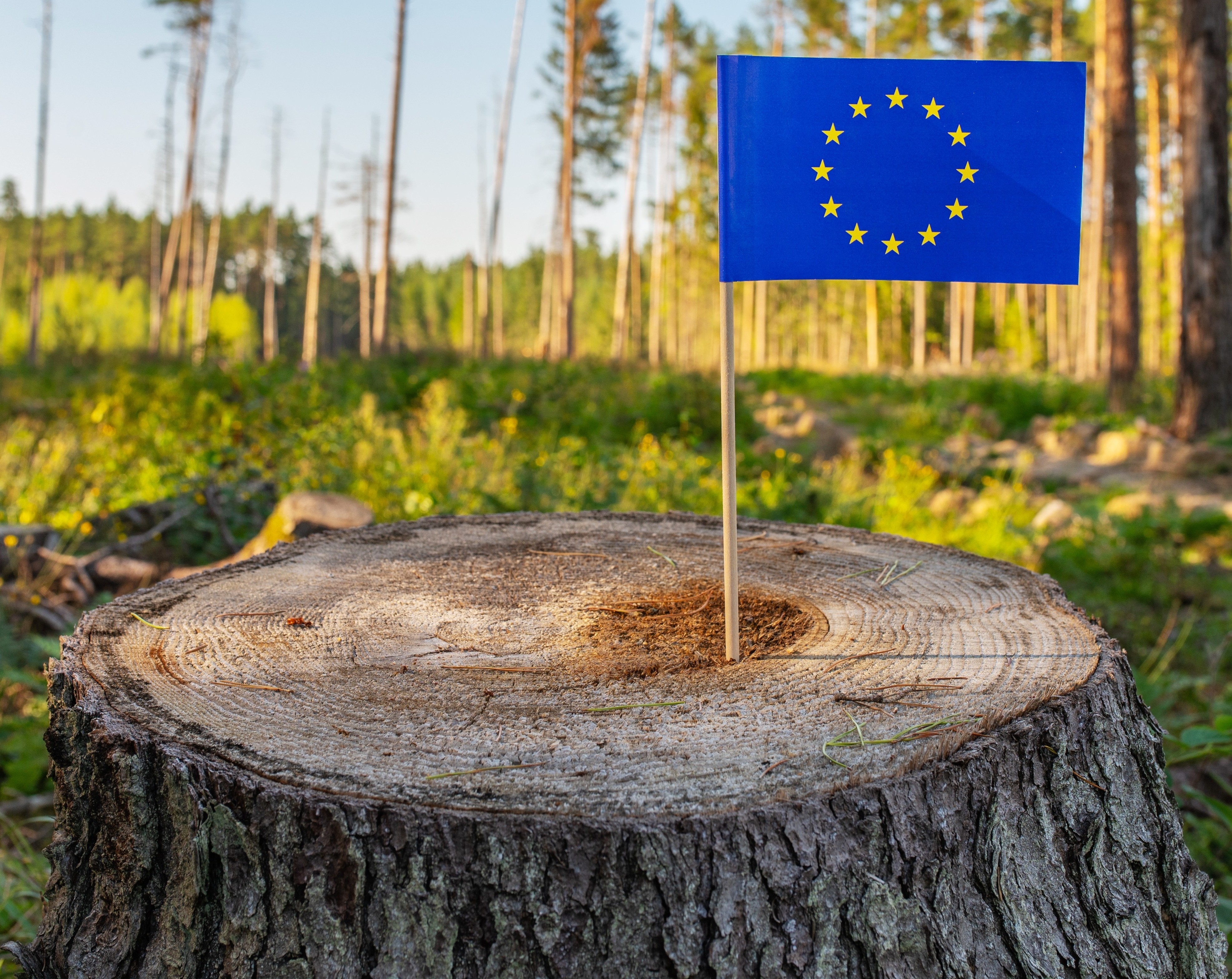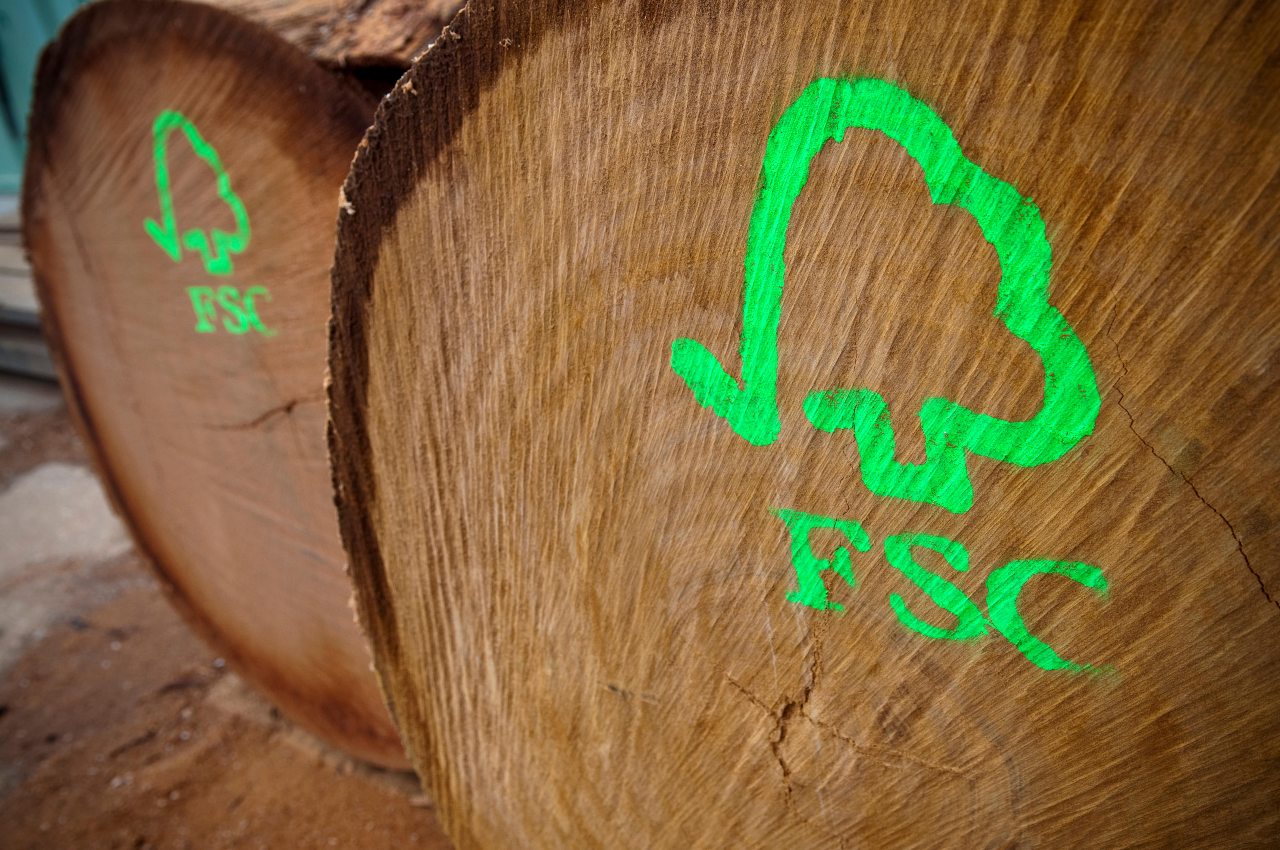14 September 2023, London
– A planned EU corporate sustainability directive is at risk of becoming a
major disappointment for indigenous peoples across the world.
The Corporate Sustainability Due
Diligence Directive (CSDDD) is currently being negotiated and some Member
States – including Germany, France, Finland, and Sweden – are actively seeking
to weaken protections for indigenous peoples.
Last year, an investigation by
Earthsight and De Olho nos Ruralistas exposed the links between pet food sold
by some of Europe’s largest retailers and indigenous land theft and murder in
Brazil. Analysis of recent shipment records carried out by Earthsight reveals
that trade links between the Brazilian exporter and German consumers remain.
The investigation revealed that Brasília
do Sul, a 9,700-hectare soy farm in the Brazilian state of Mato Grosso do Sul,
sits on Takuara, the ancestral land of the Guarani
Kaiowá who had been violently and illegally evicted. The community’s land
rights have been brutally suppressed, and a prominent Kaiowá leader was beaten
to death by Brasília do Sul employees and hired gunmen during an attack in 2003
shortly after leading his people back to Takuara.
Lynn Pasterny, Policy and
Communications Lead at Earthsight said: “European cat and dog owners should be
able to care for their pets without having to worry that they are contributing
to the oppression of an indigenous community abroad. Germany and other EU
Member States must urgently change their stance on the upcoming EU corporate
sustainability law and ensure it requires companies to respect the rights of
indigenous peoples.”
Last year’s report found that
Brasília do Sul's soy is purchased and processed by Lar Cooperativa
Agroindustrial (Lar), Brazil's fourth largest chicken slaughtering
company. Lar processes soy into animal feed, which is then used by its
members for chicken production.
The Germany-based company Paulsen
Food GmbH is a major customer of Lar. Earthsight’s investigation found that German
pet food manufacturers Saturn Petcare and Animonda Petcare buy chicken products
from Paulsen Food.
Saturn Petcare sells pet food to
some of the largest retailers in Germany, including Lidl, dm-drogerie markt,
Edeka, Netto Marken-Discount, Rewe Markt, and Rossmann. These retailers sold
Saturn Petcare products under their own brand names. Animonda, on the
other hand, supplies its own pet food brand to several retailers in Europe,
including Fressnapf and online retailers Zooplus, Vetsend and Medpets.
European companies continue to
import chicken from Lar, despite the revelations made by Earthsight last year.
Between July 2022 and June 2023, Lar exported over 28,000 tonnes of chicken
products to the EU. More than 5,500 tonnes of these were frozen chicken exported
to German and the Netherlands for the manufacture of pet food. Lar's main
markets in the EU are Germany, the Netherlands and Spain.
Whether German cat and dog owners
purchase their pet food in drug stores, discount chains, other supermarkets,
online, or even at specialised shops, they remain exposed to the risk of
unwittingly contributing to the brutal and illegal oppression of the Guarani
Kaiowá.
The planned CSDDD aims to promote
sustainable and responsible corporate behaviour by requiring companies to
exercise due diligence and prevent, mitigate, minimise or bring to an end
adverse human rights and environmental impacts throughout their supply chains.
As such, it has the potential to
have a real positive impact for indigenous peoples, including the Guarani
Kaiowá.
The European Commission’s original
CSDDD proposal, published in February 2022, contains some crucial protections
for indigenous peoples. It requires companies to consider indigenous peoples'
rights - for example as specified in the UN Declaration on the Rights of
Indigenous Peoples, which includes the right of indigenous peoples not to be
forcibly removed from their lands or territories - as part of their supply
chain due diligence assessments.
In June 2023, the European
Parliament voted to strengthen the Commission’s text, for instance by adding to
companies’ due diligence assessments the specific
rights of indigenous peoples to free, prior and informed consent for
projects that affect them, as well as a requirement for companies to carry out
meaningful engagement with indigenous communities.
However, the Council has proposed
to effectively weaken indigenous rights protections in the planned directive by
removing specific references to their rights. It was reported that the German
government had been the driving force behind this position.
Final negotiations between the
Council and European Parliament are currently underway and are expected to
conclude early next year.
The case of the Guarani Kaiowá demonstrates that it is essential Germany, France, Sweden and Finland change course and ensure that crucial indigenous rights protections, such as land rights, and meaningful engagement are included in the final directive.
Ends
Notes to editors
- The full analysis is available in English and German.
- Earthsight is a UK-based non-profit organisation that uses in-depth investigations to expose environmental and social crime, injustice and the links to global consumption.
- The investigation published by Earthsight in 2022 is called There Will be Blood: The ugly truth behind cheap chicken and can be read here.
- The European companies named deny any wrongdoing and affirm their commitment to upholding human rights in their supply chains. Paulsen Food did not respond to our request for comment at the time of publication of There Will be Blood.
- The report includes the companies’ full responses to Earthsight’s findings.
- Major retailers in Germany including Lidl, dm-drogerie markt, Edeka, Netto Marken-Discount, Rewe Markt and Rossmann sell Saturn’s pet food under their own brand names. Animonda products can be found at Fressnapf, Europe’s largest pet food seller, and online vendors Zooplus, Medpets and Vetsend.



